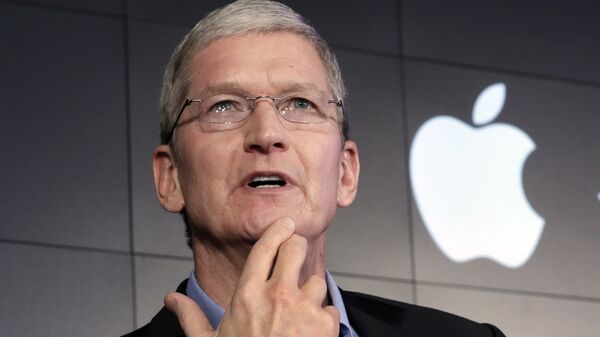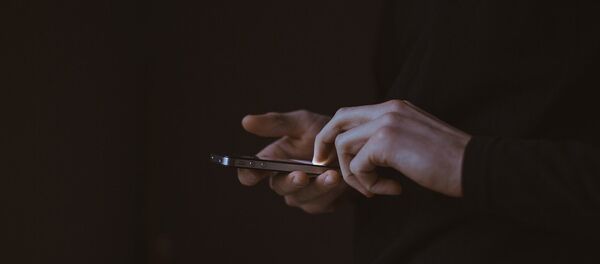As part of draft measures of the controversial Investigatory Powers Bill, known as the Snoopers' Charter, technology, social media and internet companies like Apple, Google and Facebook will be prevented from offering encryption services that are too advanced for security and law enforcement agencies to track and breakdown.
UK surveillance bill could bring 'very dire consequences', warns Apple chief https://t.co/Nr5Dzo5ELc pic.twitter.com/9r5qaVW1Jf
— PrivacyInternational (@privacyint) November 10, 2015
So, while tech giants won't be prevented from implementing online security measures, the encryption must be breakable so that intelligence agencies can access the information of people suspected of wrongdoing.
UK moves to legalise and expand mass surveilance: the juicy bits https://t.co/TPL3EH1KpX #snooperscharter #GCHQ
— WikiLeaks (@wikileaks) November 8, 2015
In essence, industry officials have said that the Snoopers' Charter will just lead to a weakening of encryption, which Cook says is a dangerous precedent.
"You can just look around and see all the data breaches that are going on. These things are becoming more frequent," he told the Daily Telegraph.
"They can not only result in privacy breaches but also security issues. We believe very strongly in end-to-end encryption and no back doors. We don't think people want us to read their messages. We don't feel we have the right to read their emails."
The Apple chief said that while the encryption-weakening measures may be designed to help law enforcement agencies, it would ultimately hurt "good people" and assist hackers with questionable motives.
"Any back door is a back door for everyone. Everybody wants to crack down on terrorists. Everybody wants to be secure. The question is how. Opening a back door can have very dire consequences."
Cook hoped the public debate about online security would force government officials into a rethink on the matter.
"You can't weaken cryptography. You need to strengthen it. You need to stay ahead of the folks that want to break it."
Why Is Apple Against the Snoopers' Charter?
While supporters of the UK government's measures say the bill will assist in the fight against terrorism, critics say it will wipe away the civil rights of ordinary Britons. However tech companies like Apple also face a unique dilemma if the proposals are approved in parliament.
According to Apple's website, the company has "no way to decrypt iMessage and FaceTime data when it's in transit between devices" and "unlike other companies' messaging services, Apple doesn't scan your communications, and we wouldn't be able to comply with a wiretap order even if we wanted to."
This means that in order to adhere to any prospective surveillance measures, Apple would need to create another system with poorer quality encryption that allows it to be hacked by officials when needed to.
This also opens up other questions, because if Apple is then forced to offer poorer quality encryption, then many people will question why they should continue to use the company's services.
If encryption is weak enough for data to be accessed by governments, there are fears it will make it easier for other hackers to increase cyber crime activities.
Critics have also said that if the law goes ahead and information on iPhones and Facebook becomes more open to hacking attacks, then criminal gangs and terrorists would be unlikely to use those forms of technology to plan crimes, ultimately rendering the law somewhat useless.



